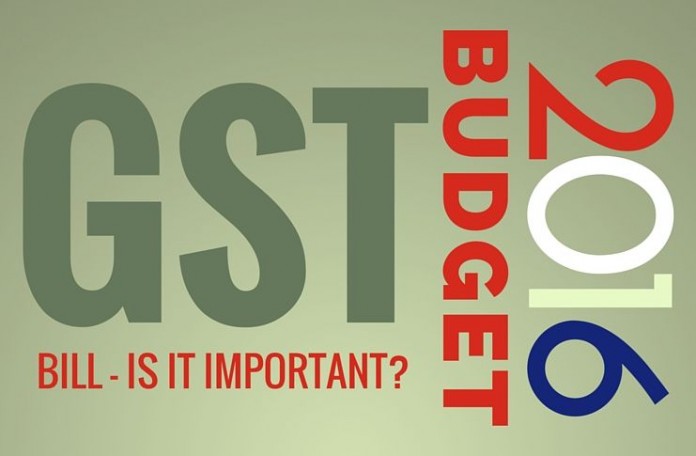The Goods and Service Tax Bill or GST Bill is a much talked about topic in past few months. It is officially known as The Constitution (One Hundred and Twenty-Second Amendment) Bill, 2014. Briefly, let us first understand what is GST?
GST is a comprehensive indirect tax on the manufacture, sale and consumption of goods and services throughout India. Till now, these indirect taxes are being collected by both the state and central government thus, leading to the double payment of tax. The ultimate burden of this arrangement is borne by the consumer of goods and services. This is called the cascading effect in which the manufacturer’s burden is passed on not once but twice on the consumer, firstly at the wholesaler’s end and secondly, at the retailer’s end. This leads to increase in the price of the goods and services and paying tax on tax. In simple words, the tax rate each time is applied on the value output and not on the net value added. Such compounding effect leads to the ‘Cascading Effect’ of indirect taxation.
The main vision behind implementing GST would be an improvement on the VAT system, to create coherent national Market. It would replace the whole central and state level indirect taxes to improve tax collections and boost India’s economic development by breaking tax barriers between States and integrating India through a uniform tax rate. It was initially and firstly launched in France. In India, it is proposed to be implemented in a dual way wherein a central goods and services tax (CGST) and state goods and services tax (SGST) will be levied on the taxable value of a transaction.
Hence, it could benefit both the consumers and the central and state government. Some of the benefits are discussed below:
- Under GST, the taxation burden will be divided equitably between manufacturing industries and service sector, through a lower tax rate by increasing the tax base and minimizing exemptions.
- GST will be levied on the final product at the destination and not at each level individually.
- As per the experts, it is estimated that India will gain $15 billion a year by implementing the Goods and Services Tax as it would promote exports, raise employment and boost the economic growth of the company.
Thus, we could easily examine that GST would be beneficial for the companies, individuals as well as the government as it would bring down the prices of the commodities and services.
Modi Government is thus, very keen on passing this GST Bill. Therefore, at an all-party meeting convened by the central government, PM Narendra Modi reached out to the opposition for support in passing GST bill. He emphasized that passing of the bill is crucial and it doesn’t matter who gets the credit for it.
It is a matter of discussion that whether the GST Bill News would become GST Bill 2016, but it is definite that GST Bill in India will be beneficial to everyone in the country in one or the other way.













